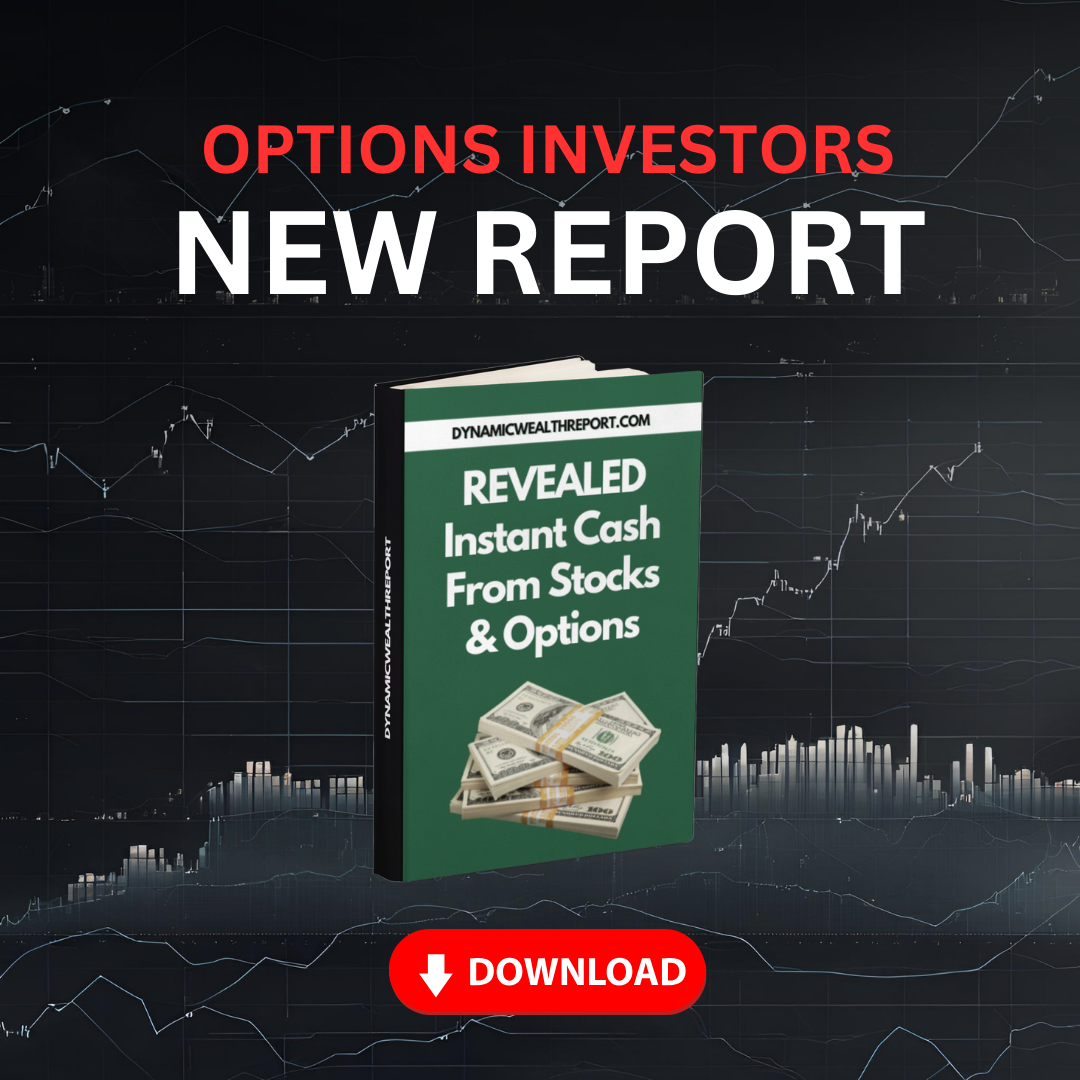Ford's Big Mistake
Iconic American carmaker Ford just made a big mistake. In an effort to get around supply constraints for nickel and cobalt for electric car batteries, Ford decided to use lithium iron phosphate batteries for all of its electric F-150 Lightning trucks.
Lithium iron phosphate batteries are a fine choice. They’re cheaper to make and they have a longer life-cycle than traditional lithium ion batteries. That’s why they can be found in nearly 40% of all electric vehicles (EVs). Two-thirds of the demand for lithium iron phosphate batteries comes from Tesla (NASDAQ: TSLA) and China’s BYD (BYDDF).
And it’s probably no surprise that subsidies have helped Chinese battery makers undercut rivals and dominate the market for lithium iron phosphate batteries. After all, using subsidies to gain market share is standard operating procedure for China. It’s estimated that China spends as much as $500 billion a year in subsidies to gain a competitive advantage with solar panels, steel, electronics, batteries, EVs, you name it. As a percentage of GDP, China’s subsidies are three times larger than the #2 country on the list, South Korea, and nearly 5 times larger than the U.S.
Choosing lithium iron phosphate batteries wasn’t Ford’s mistake. Neither was buying those batteries from the world’s biggest iron phosphate battery maker, a Chinese company named China’s Contemporary Amperex Technology Company, or CATL.
But teaming up in a joint venture with CATL to make batteries here in the U.S. looks like a mistake.
Virginia and Michigan were apparently in the lead to land the joint Ford-CATL venture and the 2,500 it would create. But Virginia’s governor just pulled Virginia out of the running, saying:
“Virginians can be confident that companies with known ties to the Chinese Communist Party won’t receive a leg up from the Commonwealth’s economic incentive packages. When the potentially damaging effects of the deal were realized, the plant proposal never reached a final discussion stage.”
Ouch.
“It’s Just Business…”
I don’t know how Ford could misread the political winds so dramatically, but working with Chinese companies and saying “it’s just business” is not a very popular thing to do right now. And it’s much worse when “it’s just business” means bringing a Chinese company onto American soil.
I don’t know if Virginia’s loss will be Michigan’s gain. But I kinda doubt any state will welcome China joint ventures with open arms.
Seems like it would be a better idea for Ford to partner up with an American lithium iron phosphate battery maker like K2 Energy or A123 Systems (neither of which are public companies, sorry about that).
Of course, the final product from an American battery maker will almost certainly be more expensive than a subsidized version from a Chinese company. Still, it should be plenty obvious that the almighty dollar is no longer the most important factor when it comes to who a company does business with.
Now, you can certainly counter that observation with the amount of business Tesla does in China and with the partnerships with Chinese companies. And even better, you could point out the massive 225 million share stake that Warren Buffett took in Chinese battery and EV maker BYD back in 2008.
But the thing is, Buffett has cut his stake nearly in half over the last year. And Buffett hasn’t said why he’s been selling BYD stock. It’s been a huge winner – Buffett’s $232 million investment ballooned to $7.7 billion a year ago. And BYD’s business has been crushing it, selling almost a million cars in China last year.
Buffett’s no fool. I expect he’s well aware of the potential for the U.S. – China trade war to escalate, and also well-aware of what an escalation might do to the value of his stake.
As for Tesla, I’ve said before that I think there’s a bigger reason for the incredible plunge for its share price over the last year than Elon Musk’s antics with Twitter. China accounts for 35% of Tesla’s revenue. That’s a big number. I don’t know how any investor could look at Tesla’s business in China and think “oh, it’s fine.”
As I’ve told you, I’d much rather own an EV maker whose business is focused on North American and European markets. Like Rivan (NASDAQ: RIVN), for example…
Talk soon,
Briton Ryle
Editor-in-Chief
Pro Trader Today
